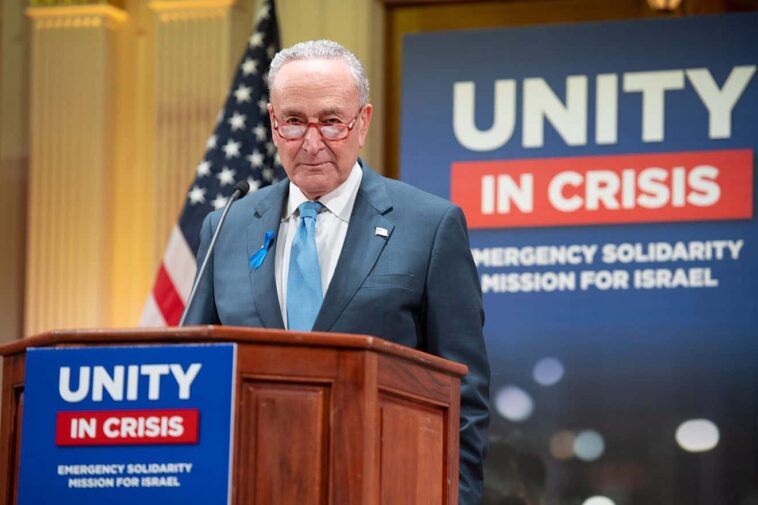The federal institution, AmeriCorps, has declined a grant request of $4.6 million from Notre Dame Mission Volunteers, a Baltimore-based organization. This decision arrived after a judge had previously directed the Trump administration to reinstate AmeriCorps grants and members. The decision has left the organization leaders dismayed, as they perceive the funds as crucial to their operations. Consequently, they anticipate having to retrench staff throughout their sites in 27 cities.
“This is indeed a big blow, but it surely doesn’t symbolize our end,” was the encouraging response from Ted Miles, the executive director of Notre Dame Mission Volunteers. The organization traces its roots back to 1992 when it was established by the Sisters of Notre Dame de Namur. The group became an AmeriCorps partner in 1995 and has since worked together on several initiatives.
Each year, around 300 AmeriCorps members are assigned to work with the Notre Dame Mission Volunteers. They collaborate on projects concerning education, literacy, an assortment of after-school programs, and various other community initiatives stretching across the nation. The group had requested the $4.6 million from AmeriCorps to subsidize three years of their community service.
In addition to covering the organization’s ongoing projects, the grant would have also provided for the living allowances and the educational prizes that are offered to AmeriCorps members. The official rejection from AmeriCorps, addressed to Notre Dame Mission Volunteers, was received on June 18. The announcement came only weeks after a judge had instructed the Trump administration to renew the AmeriCorps grants.
After keeping tabs on these events, there’s a great deal of uncertainty in the air,” confessed Cora Davis, who handles communications for Notre Dame Mission Volunteers. As a response to the denied funding, the organization is contemplating reducing the number of program managers and participating members, and transitioning to a different model of financing.
“This may constitute a significant shift in our timeline but it certainly is not the end,” reiterated Miles. “We are poised to continue on our journey with dedication, innovation, and optimism.” AmeriCorps, which came into being in 1994, deploys approximately 200,000 members annually, injecting over $960 million into national efforts aimed at addressing key community challenges.
AmeriCorps has a broad mission, helping communities to combat a slew of issues such as natural disasters, childhood literacy, and poverty. However, the organization faced a setback in April when Elon Musk, heading the Department of Government Efficiency (DOGE), initiated actions geared towards the deconstruction of the federal agency.
Following this significant overhaul, a staggering 85% of the agency’s 500 full-time workforce were put on administrative leave, more than 2,000 members were dismissed, and countless grants that supported thousands of programs were abruptly pulled. This upheaval had significant repercussions at the state level, with Maryland deeply impacted.
The fallout in Maryland included the loss of $12 million in funding and roughly 550 roles across more than 20 programs. The swift and radical actions from the federal government left Maryland non-profits and AmeriCorps members reeling. A number of programs pulled the shutters down entirely, while others sought alternative funding to sustain forward momentum.
Former Maryland Attorney General Anthony Brown was proactive in response to these actions. In collaboration with other democratic state officials, he pioneered a lawsuit in April to challenge the Trump administration. The aim was to restore the beleaguered AmeriCorps agency and secure the threatened grants.
U.S. District Judge Deborah Boardman gave a temporary reprieve to these programs when she enacted a temporary halt on the cancellation of grants and termination of corps members. This injunction, issued in June, brought some relief to the 24 states and Washington, D.C., who had chosen to challenge the administration’s actions in the courts.

